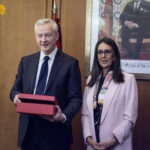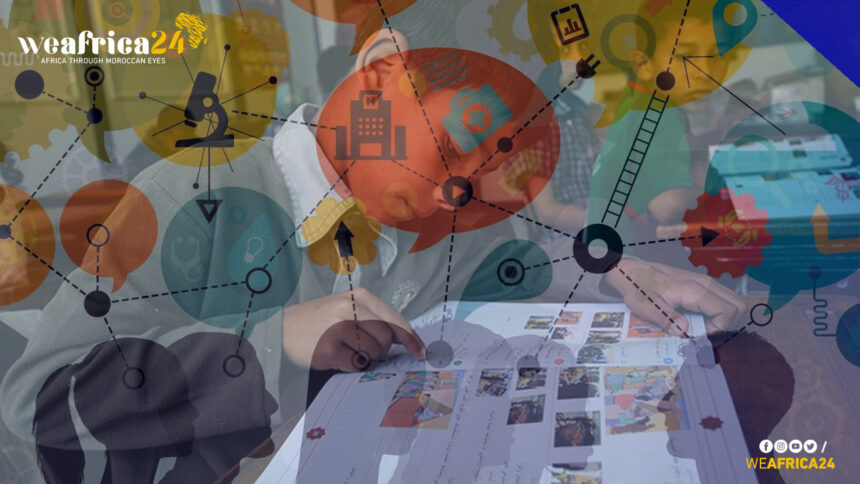Rabat – Studying in Morocco offers students a chance to acquire quality education and skill development, helping to shape Africa’s human capital and propel its socio-economic progress.
Why Morocco?
Studying in Morocco can provide students with a unique and enriching experience. One of the main advantages is cultural immersion, as Morocco boasts an incredibly vibrant and diverse culture. It offers students the unique opportunity to immerse themselves in Moroccan culture, from music and art to literature and cuisine. By studying here, students get a firsthand view of this vibrant nation’s vibrant lifestyle and unforgettable environment. Morocco is an excellent location for language learning, with Arabic, Tamawight, and French being the official languages of the country. Students can hone their language skills in real-life scenarios while gaining invaluable insights into Moroccan culture.
Investing in Education: How Morocco is Promoting Africa’s future
Education is one of the most important ways a country can contribute to its own development and the success of the region. In recent years, Morocco has realized the importance of education and skill development in driving socio-economic growth. It has made significant progress toward Africa’s future by making these investments.
Morocco invests in education in a number of ways, including increasing access to quality education and increasing enrollment rates. The country has increased its education budget, created new education policies, and built new schools, universities, and colleges, making education more accessible for its citizens. Morocco is now a major hub for international education, thanks to its open education system. It is investing not only in its people but also in the overall development of the African community.
Morocco actively promotes Africa’s future by investing in education, skill development, and training. It is vital that the country takes the initiative to provide quality education and training for its citizens as well as the wider African community to build a more prosperous, equitable, and sustainable continent.
Morocco’s Strategic Investment in Education: An Opportunity for Africa’s Success
Morocco’s strategic investment in education offers Africa an opportunity to prosper. This includes enhancing human capital and improving access to education. Fostering international collaboration and supporting regional integration. Youth unemployment is also addressed. Morocco’s investment in education will build a skilled workforce, increase productivity, innovate, and be more competitive.
Furthermore, all Moroccans can have equal access to high-quality education and training. This will help reduce inequality and ensure that everyone has the opportunity to reach their full potential. Morocco’s partnerships, with universities and other international organizations, will open up opportunities for collaboration and knowledge sharing, which will enhance the quality of education and encourage innovation in various areas. These investments will improve the human capital and capacity of the African continent to participate in regional integration and promote economic, social, and political progress. Investing in education, skill development and training will help reduce youth unemployment. This will lead to greater economic growth and development across Africa.
A New Era for Africa
Education is the cornerstone of socioeconomic development. Africa is poised for a new era in educational development. Africa’s young population can help drive innovation and start businesses. It is also able to lead the solution to some of the most difficult problems in the world. Recent investments by governments, international organizations, and the private sector in education have brought renewed attention to Africa’s educational needs.
The education landscape in Africa has changed. It is moving away from traditional approaches to more inclusive and innovative ones. This includes the use of technology to improve access, foster e-learning, and train digital skills. Vocational education and training are becoming more important to help students acquire the practical skills they need in order to be successful in the job market.







